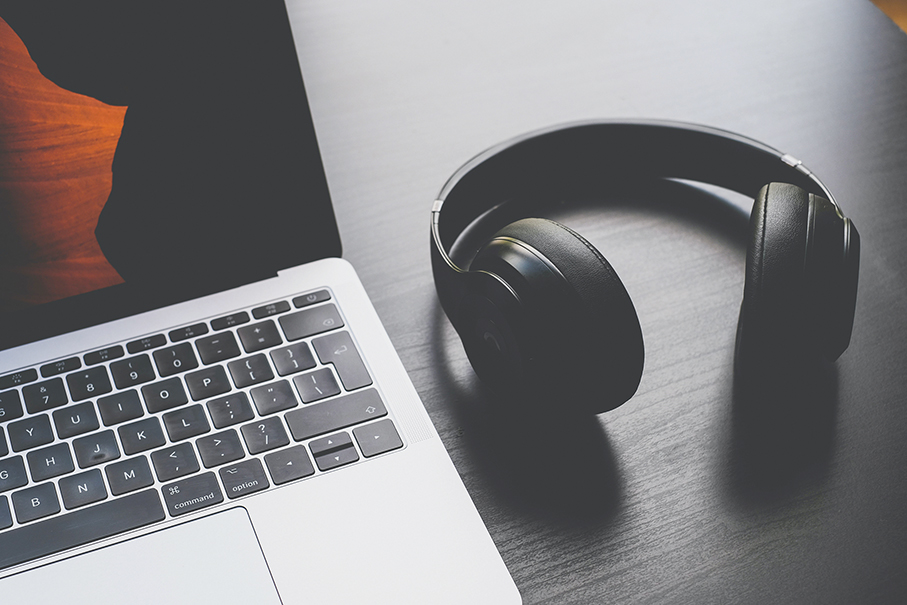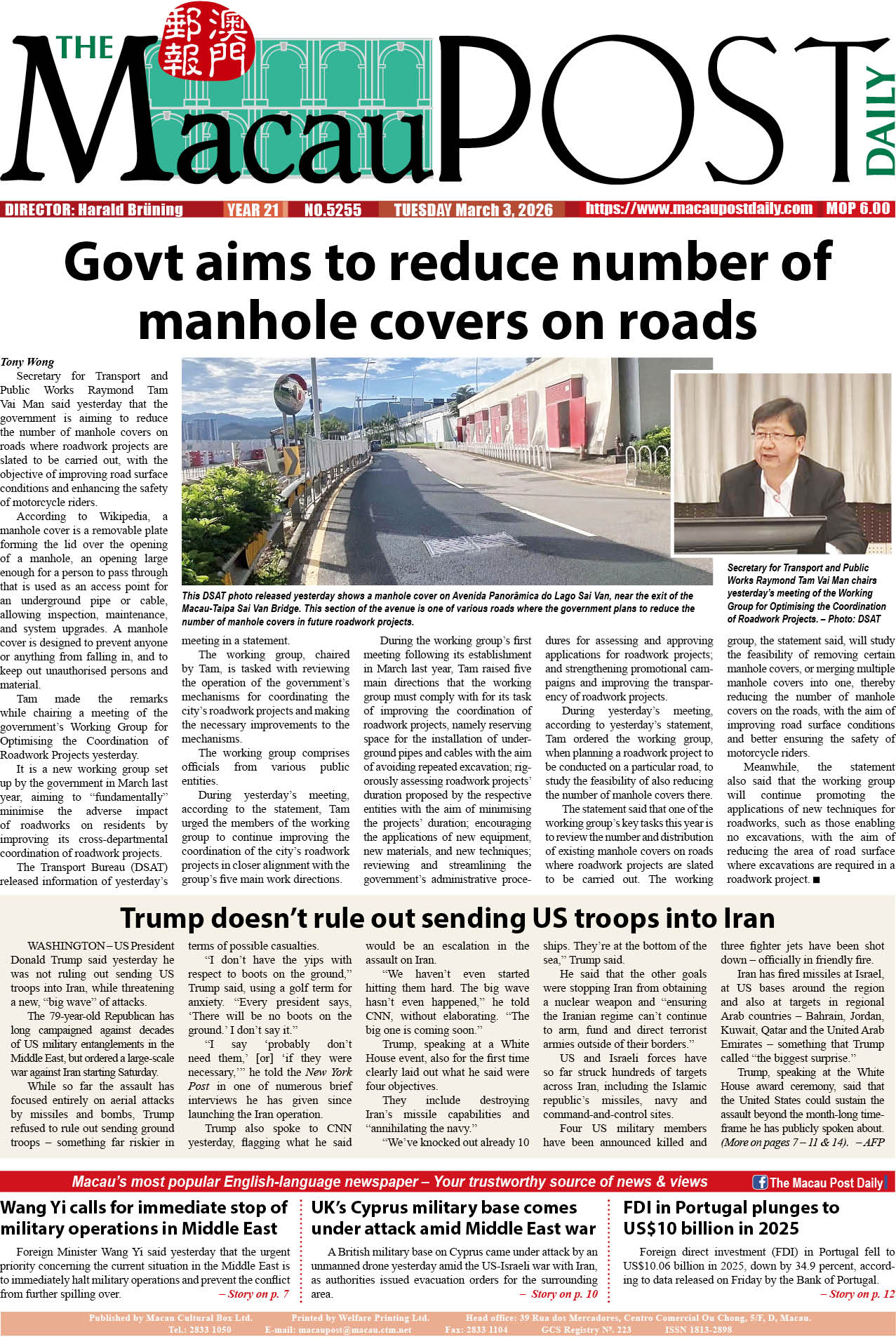Macau feature
Spotting someone completely engrossed in their work or studies while they are listening to music is now commonplace. Whether it is in a crowded McDonald’s, a noisy classroom (if the teacher or professor allowed it), at a library, or even a busy workplace, there is always someone who has their earbuds or headphones on, shutting the world’s sounds and its distractions out. There are even playlists available on YouTube comprising music that can supposedly increase one’s productivity through music. With all this in mind, can music actually affect one’s work efficiency?
Like many people, I always carry a pair of earbuds whenever I am out and about. Upon sitting down to tackle some work, there are times when music definitely helps with my concentration, particularly in a noisy or chaotic environment such as a crowded café. It enables me to have a better focus on certain tasks that I am handling and, depending on the genre, it might even help me work at a faster pace while still staying on track with what I am doing. Not to mention how it can also keep my mood up until a task is finished, while also being useful when you just want something to listen to instead of working in complete silence.
For these reasons, I would say that listening to music can help me work more efficiently. However, this may not be the same for everyone.
A 2014 study titled “The cognitive effects of listening to background music on older adults: processing speed improves with upbeat music, while memory seems to benefit from both upbeat and downbeat music” had 65 participants aged between 60-84 performing three cognitive tests with no music, with white noise, and with classical music by Mozart and Mahler.
It notes that while background music tended to improve performance when compared to having no music or just having white noise, its effects are not all the same for everyone.
The study adds that the impact may vary based on the kind of background music, as well as on the “features of the task and/or abilities involved”. Although the study has its limits, while a younger generation may prove to have different results, it is still interesting to note.
Moreover, some people may find that certain tasks are better done with either white noise or in complete silence. These may include tasks that require your brain to work harder, be in deep thought, or when facing a situation that requires decision making, at least from my experience. Even reading a book or study materials can be a little more challenging or have one constantly going back to a previous line or passage due to being distracted. But again, experiences may differ.
I have had friends and classmates who were able to memorise long passages and undertake study marathons while listening to music, which was not limited to just one genre but any genre of their liking. Some, however, may only be able to thrive in their work by listening to certain types of music while working or studying, while others might prefer complete silence.
In short, whether someone will be able to work more efficiently while listening to music might really just depend, with some seeing its benefits, while others may not.

Photo courtesy of Unsplash







